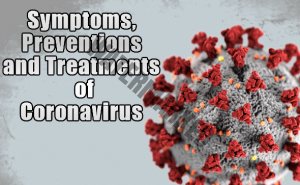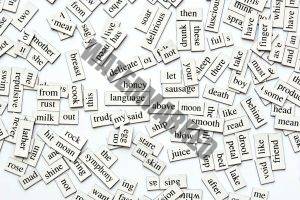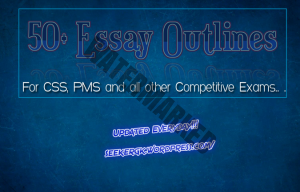10 Effective Methods to Prepare for the MCQs-Based Exams
Do you know? What is the best way to prepare for the MCQ test?
Originally published on our site CSSMCQs.Com
Here are 10 Effective Methods to Prepare for the MCQs Based Exams. To prepare for a multiple choice exam, it is important to review the material covered in the exam and to practice answering similar questions. This will help you become familiar with the format and content of the exam and will improve your chances of success. It is also helpful to get a good night’s sleep before the exam and to arrive at the exam location early to reduce stress and ensure that you are able to focus on the task at hand. Additionally, during the exam, be sure to read each question carefully and to carefully consider each answer before making your selection. This will help you avoid making careless mistakes and will improve your chances of achieving a high score on the exam.These are the 10 tips for the preparation of exams that consist of Multiple-Choice Questions (MCQs):
Multiple-Choice Test-Taking Tips and Strategies
- Understand the exam format and content:
Before starting your preparation, familiarize yourself with the exam format and the content it will cover. This will help you plan your study time more effectively and focus on the right topics. - Develop a study plan:
Create a study plan that breaks down the exam content into smaller, manageable chunks. This will help you stay organized and focused on your studies. - Review the syllabus:
Carefully review the syllabus to identify the key topics and concepts that will be covered on the exam. This will help you prioritize your studies and make sure you don’t miss anything important. - Understand the question format:
Familiarize yourself with the way the questions will be presented on the exam. This will help you know what to expect and avoid any surprises on test day. - Practice with sample questions:
Find sample questions and practice answering them. This will help you get a feel for the types of questions you can expect on the exam, as well as identify any areas where you need to focus your studies. - Review key concepts and formulas:
Make sure you understand the key concepts and formulas that will be covered on the exam. Practice applying these concepts and formulas to solve problems. - Stay focused and avoid distractions:
When studying for the exam, try to eliminate as many distractions as possible. This will help you stay focused and make the most of your study time. - Take breaks and get enough sleep:
It’s important to take breaks and get enough sleep while studying for the exam. This will help you stay fresh and focused, and avoid burnout. - Review your notes and past exams:
Review your notes and any past exams you have taken. This will help you identify any gaps in your knowledge and focus on the areas where you need to improve. - Stay calm and confident:
On the day of the exam, try to stay calm and confident. Remember that you have prepared well and are ready to do your best.
Some Additional Tips and Tricks to Prepare MCQs type of Exams
Here are some additional and effective 50 tips and tricks for preparing for exams that consist of multiple-choice questions (MCQs):
50 Effective Methods to Prepare for the MCQs-Based Exams In Brief
It is not feasible to provide 50 different methods for preparing for exams that consist of multiple-choice questions (MCQs), as many of the methods will overlap and be similar to one another. Some effective methods for preparing for MCQ-based exams include:
- Understanding the exam format and content
- Developing a study plan
- Reviewing the syllabus
- Understanding the question format
- Practicing with sample questions
- Reviewing key concepts and formulas
- Using flashcards and other study aids
- Staying focused and avoiding distractions
- Taking breaks and getting enough sleep
- Practicing time management
- Seeking help from teachers or tutors
- Forming a study group
- Asking clarifying questions
- Taking practice exams
- Reviewing notes and past exams
- Identifying common question types
- Eliminating obviously incorrect answers
- Using the process of elimination
- Reading the questions carefully
- Avoiding guessing if unsure of the answer
- Double-checking answers
- Avoiding becoming overwhelmed
- Staying calm and focused
- Eating a healthy diet
- Exercising regularly
- Getting plenty of rest
- Arriving early on exam day
- Bringing necessary materials
- Skimming the exam before starting
- Starting with the easiest questions
- Marking questions to return to later
- Focusing on one question at a time
- Allocating time wisely
- Managing stress
- Seeking support from friends and family
- Using relaxation techniques
- Prioritizing self-care
- Setting realistic goals
- Staying positive and motivated
- Believing in oneself
- Seeking help if needed
- Refocusing if losing concentration
- Avoiding comparing oneself to others
- Recognizing and celebrating progress
- Reflecting on strengths and areas for improvement
- Learning from mistakes
- Considering the context of the exam
- Seeking feedback from teachers
- Developing good study habits
- Continuing to learn and grow.




